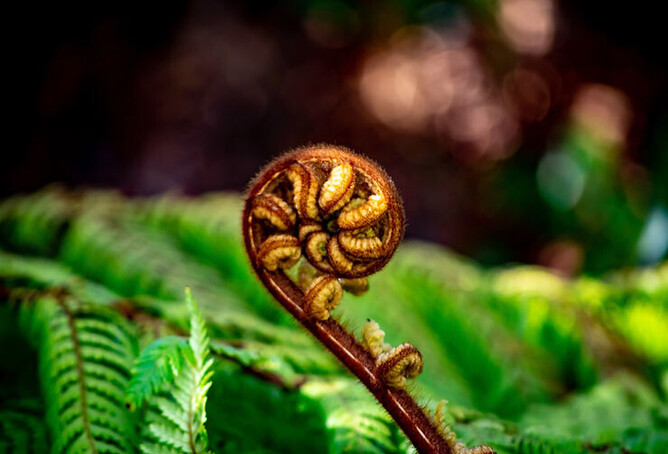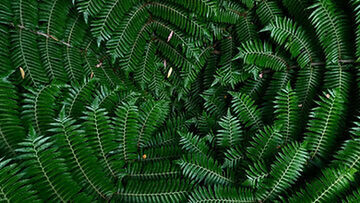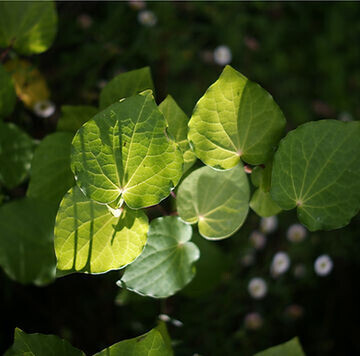Rongoa Maori is a traditional system of natural healing that has been used by the Maori people of New Zealand for centuries. It involves the use of plants and other natural remedies to treat a wide range of illnesses and ailments.
The word "rongoa" in Maori means "medicine" or "remedy," and the practice of rongoa involves the use of plants and other natural substances to promote health and well-being. Rongoa Maori is based on the principle that everything in nature has a purpose and a healing property, and that by using these natural remedies, we can treat illness and maintain good health.
There are many different plants used in rongoa, each with its own unique properties and uses. Some of the most commonly used plants in rongoa include kawakawa, kumarahou, manuka, and horopito. These plants are used in a variety of ways, such as making teas, poultices, and oils, or simply chewing on the leaves.
Kawakawa, for example, is a plant that is commonly used in rongoa for its anti-inflammatory properties. It is often used to treat skin conditions such as eczema and rashes, as well as digestive problems and respiratory illnesses.
Kumarahou, on the other hand, is a plant that is known for its ability to promote lung health. It is often used to treat conditions such as asthma and bronchitis, as well as coughs and colds. In recent times kumarahou was the go to remedy to help combat the effects of Covid-19.
Manuka is another commonly used plant in rongoa, and is well-known for its antibacterial properties. It is often used to treat skin infections, cuts and wounds, and other conditions caused by bacterial infections.
Horopito is a spicy plant that is used in rongoa to treat digestive problems, such as indigestion and stomach ulcers. It is also believed to have antibacterial properties and can be used to treat infections.
In addition to plants, rongoa Maori also involves the use of other natural remedies, such as honey, clay, and even certain types of seaweed. These remedies are often used in combination with plants to create powerful healing blends.
Rongoa Maori is not just about treating illness, but also about promoting overall health and well-being. It is a holistic system that emphasizes the importance of the connection between the body, mind, and spirit. This connection is believed to be essential for good health, and rongoa Maori seeks to promote balance and harmony between these different aspects of the self.
One of the key principles of rongoa Maori is the importance of respect for nature. Maori believe that all things in nature have a life force, or mauri, and that by using these natural remedies, we are tapping into that life force and connecting with the natural world.
In recent years, there has been a growing interest in rongoa Maori among non-Maori people in New Zealand and around the world. This is partly due to the increasing interest in natural health and wellness, as well as a growing recognition of the importance of indigenous knowledge and practices.
Added to this is the recognition Rongoa has received as a legitimate healing system within New Zealand . Health services such as Accident compensation Corporation (ACC) are providing funded sessions to those who qualify under the system.
However, it is important to note that rongoa Maori is a traditional practice that is deeply rooted in Maori culture and spirituality. As such, it is important to approach it with respect and understanding, and to seek out the guidance of a trained practitioner or elder before attempting to use rongoa remedies on your own.
Overall, rongoa Maori is a fascinating and powerful system of natural healing that offers a unique perspective on health and wellness. By tapping into the healing power of nature, we can not only treat illness, but also promote balance and harmony in our lives.




